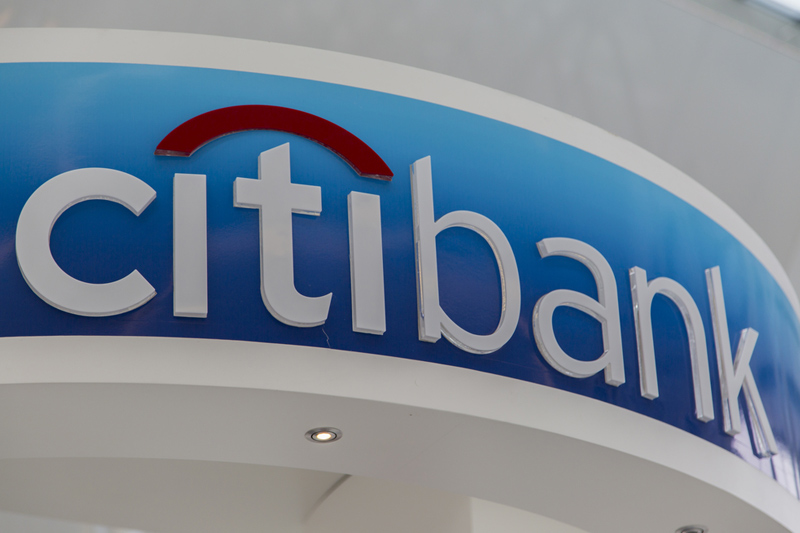Citigroup (NYSE:C) has announced the creation and pilot testing of its blockchain-based Citi Token Services, according to a press release on Monday. The initiative is housed within the bank's Treasury and Trade Solutions division, aiming to enhance cash management and trade finance capabilities. The service uses blockchain and smart contract technologies to deliver digital asset solutions for institutional clients, integrating tokenized deposits and smart contracts into Citigroup's global network.
The main advantage of tokenized deposits is that they are transferable digital coins representing a claim against the bank, operating on blockchain technology for instant settlement. The service aims to streamline cross-border money transfers, which often take days due to the complexity of systems used by banks and governments worldwide.
"Citi Token Services provides corporate treasurers with a new tool to manage global liquidity on a just-in-time, programmable basis," said Ryan Rugg, global head of digital assets at Citi Treasury and Trade Solutions. "Frictions related to cut-off times and gaps in the service window will be reduced."
Citigroup's offering uses a private blockchain owned and managed by the bank, simplifying access for clients who won't require their digital wallets. Instead, they can seamlessly access the service through the bank's existing systems.
Citi Securities Service has also joined the BondbloX Bond Exchange (BBX), a DLT-based platform claiming to be the world's first fractional bond exchange. Citigroup is the first digital custodian to join this exchange, emphasizing its commitment to blockchain-based innovation.
The development of Citi Token Services aligns with Citigroup’s participation in a months-long test of the Regulated Liability Network (RLN), a theoretical payment infrastructure designed to support the exchange and settlement of regulated digital assets, including a digital dollar.
Citigroup has long been an advocate of blockchain-based tokenization for real-world assets, envisioning a market worth $4 trillion to $5 trillion by 2030. The bank believes that blockchain tokenization offers technological superiority and greater investment opportunities in private markets, potentially superseding legacy financial infrastructure.
This article was generated with the support of AI and reviewed by an editor. For more information see our T&C.
